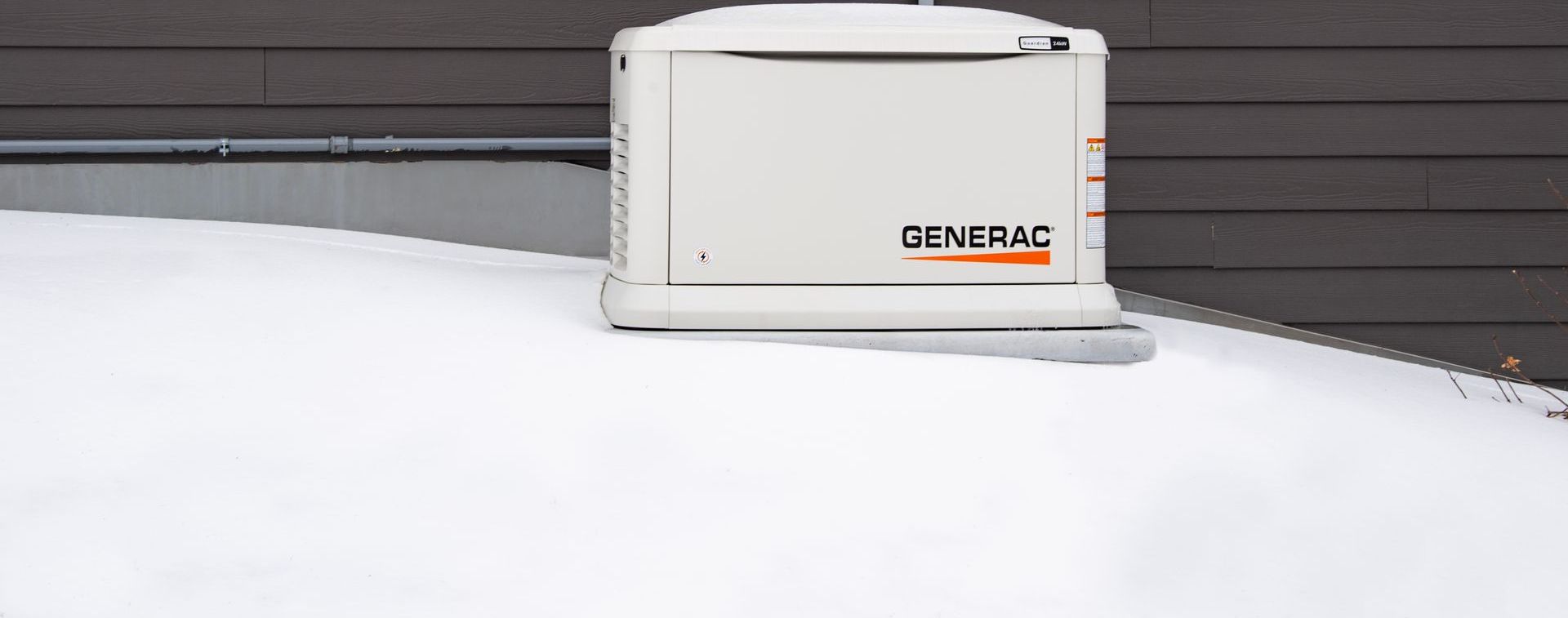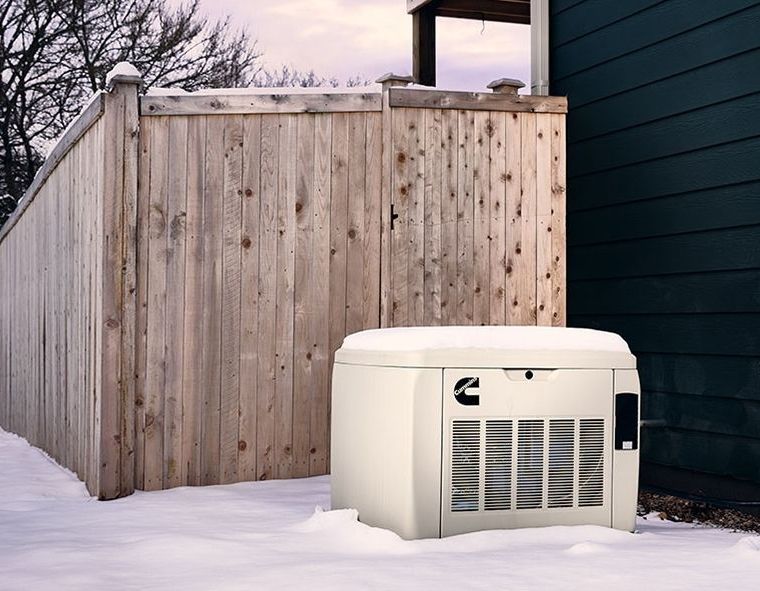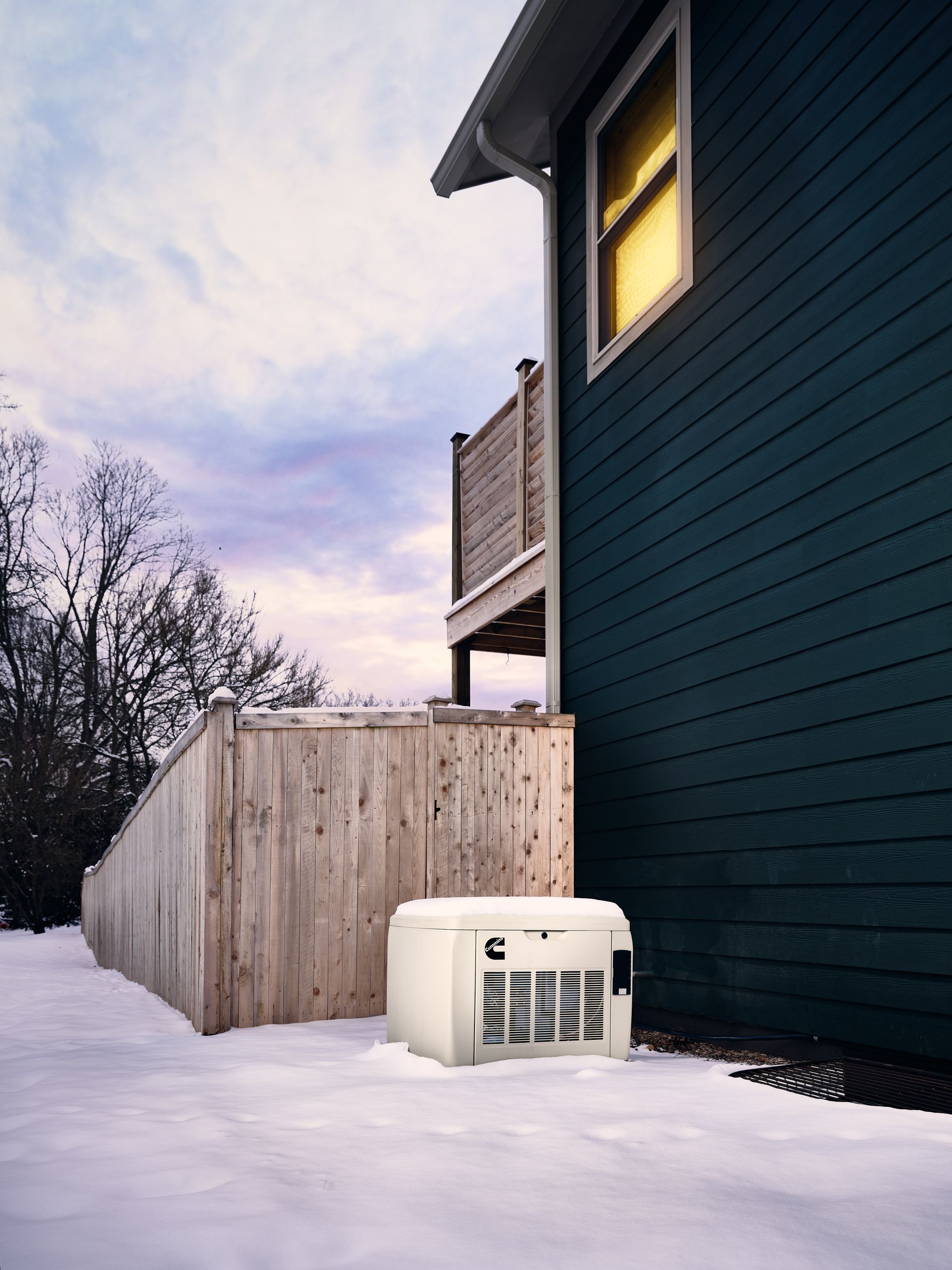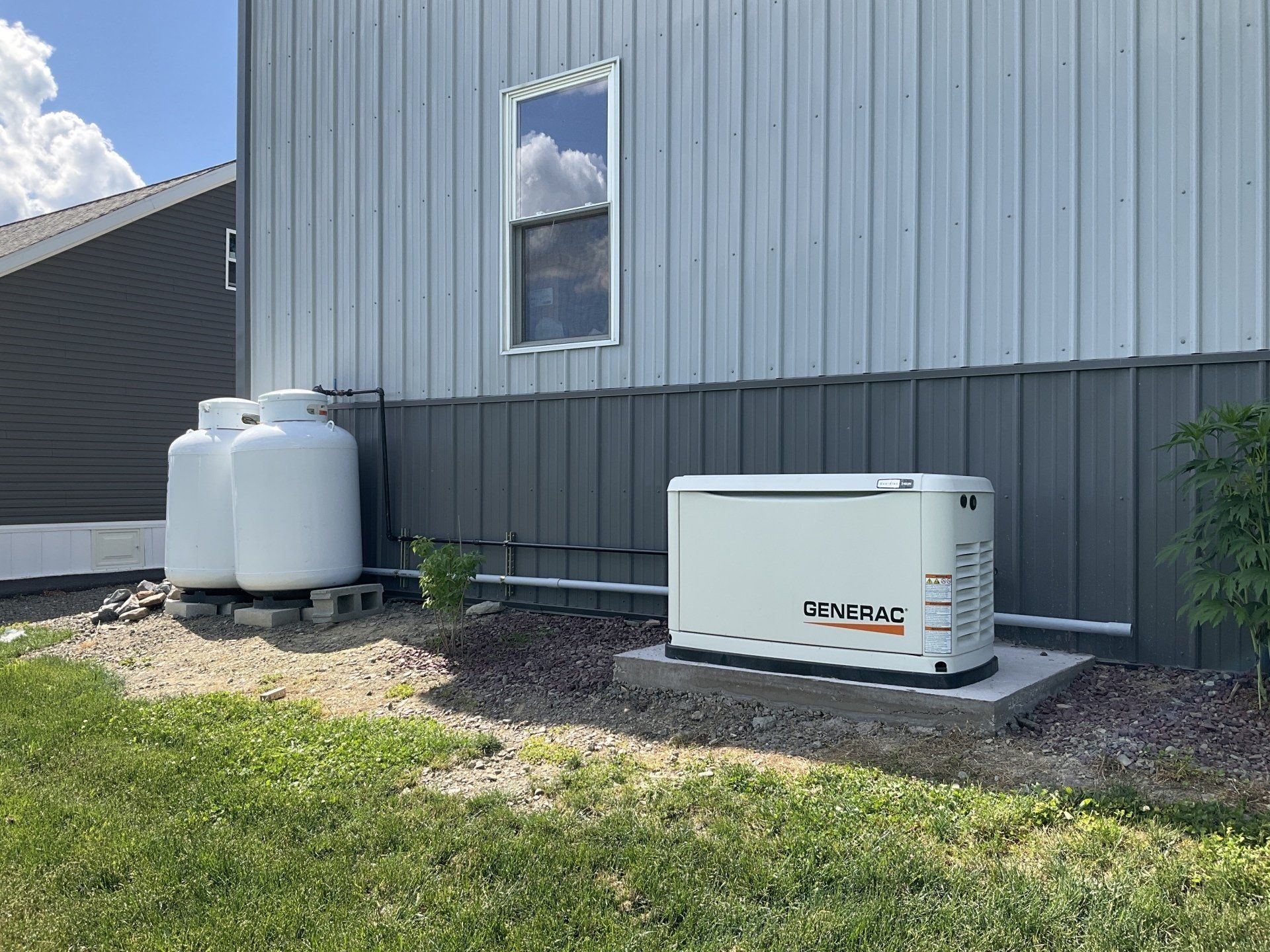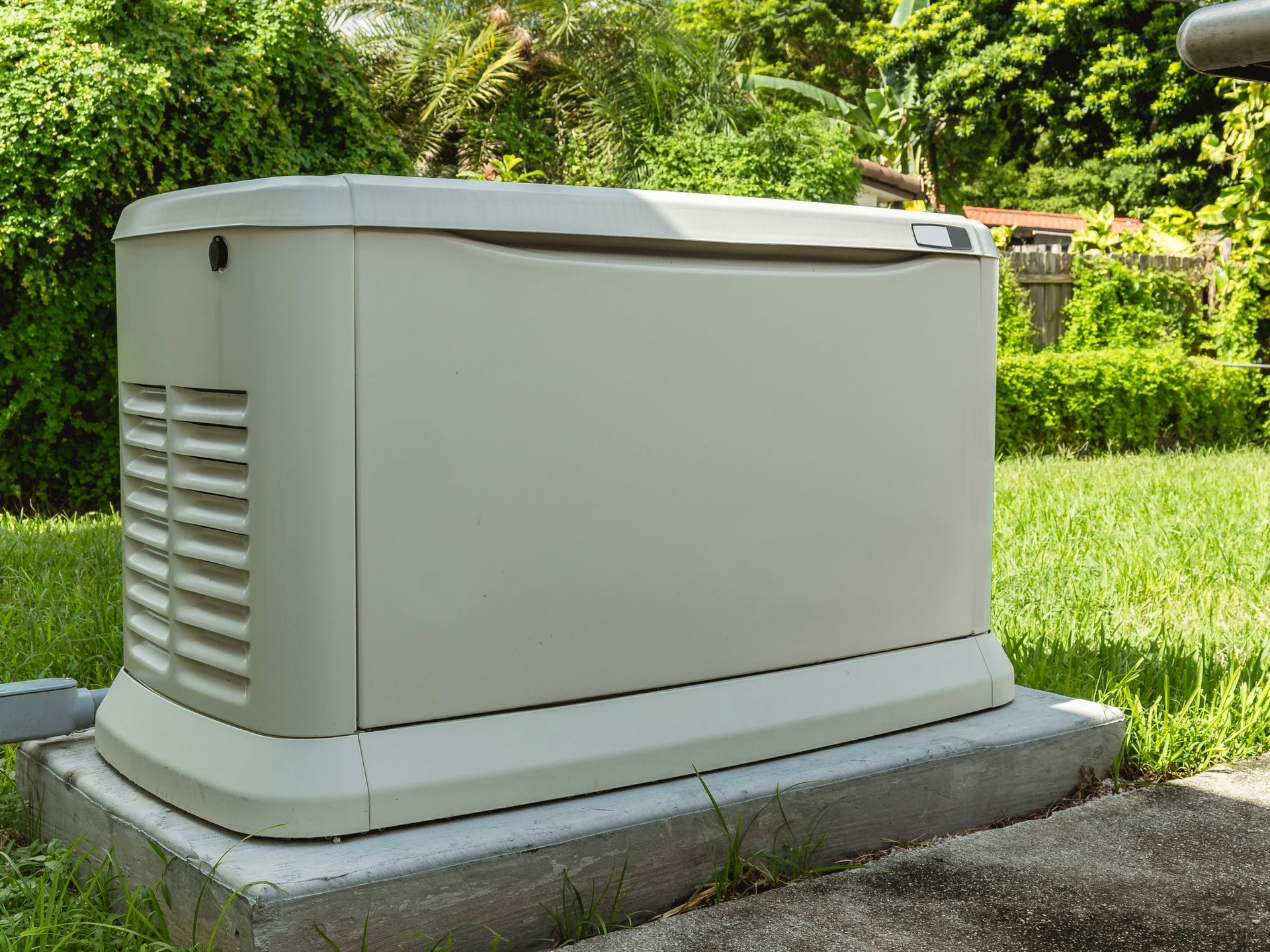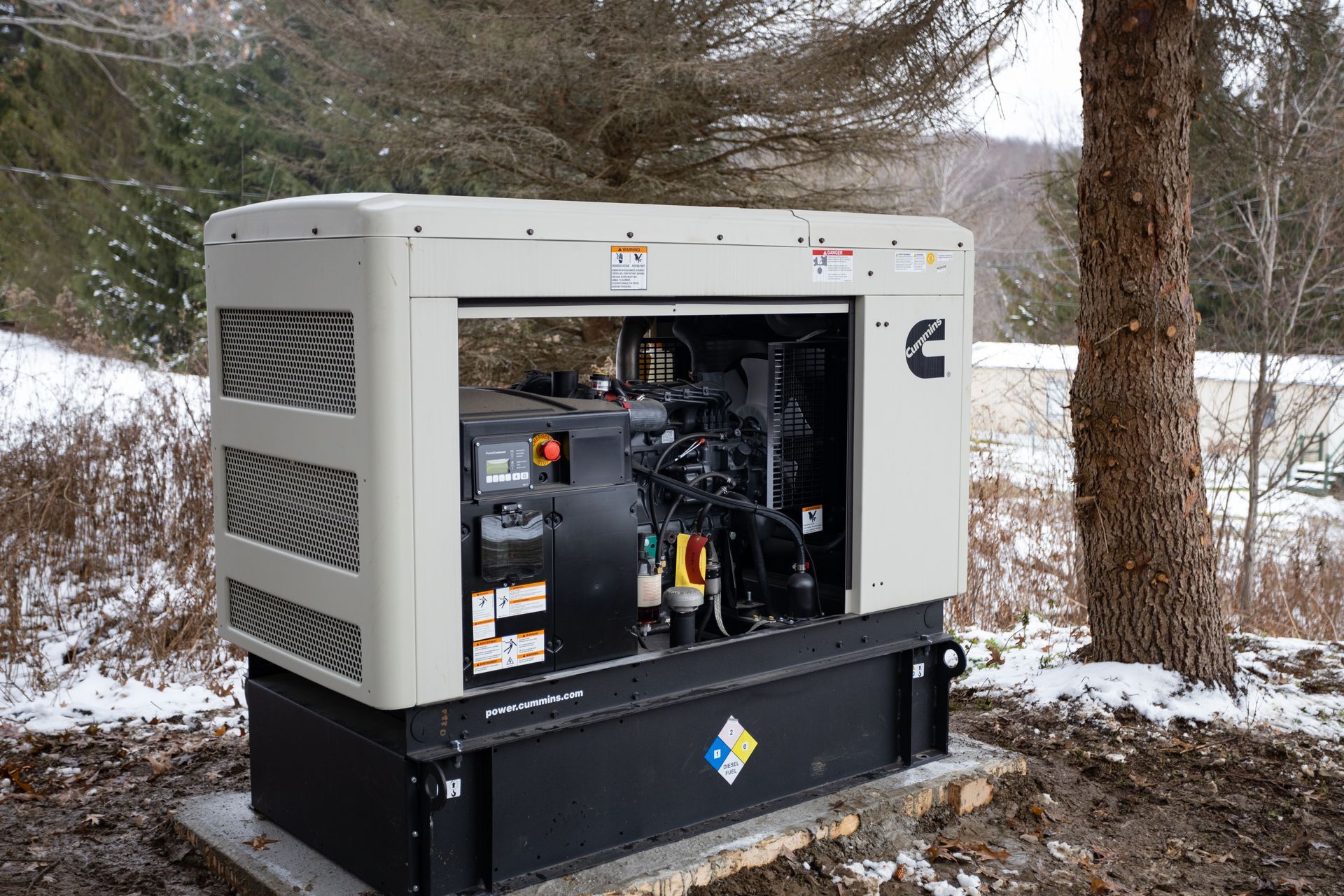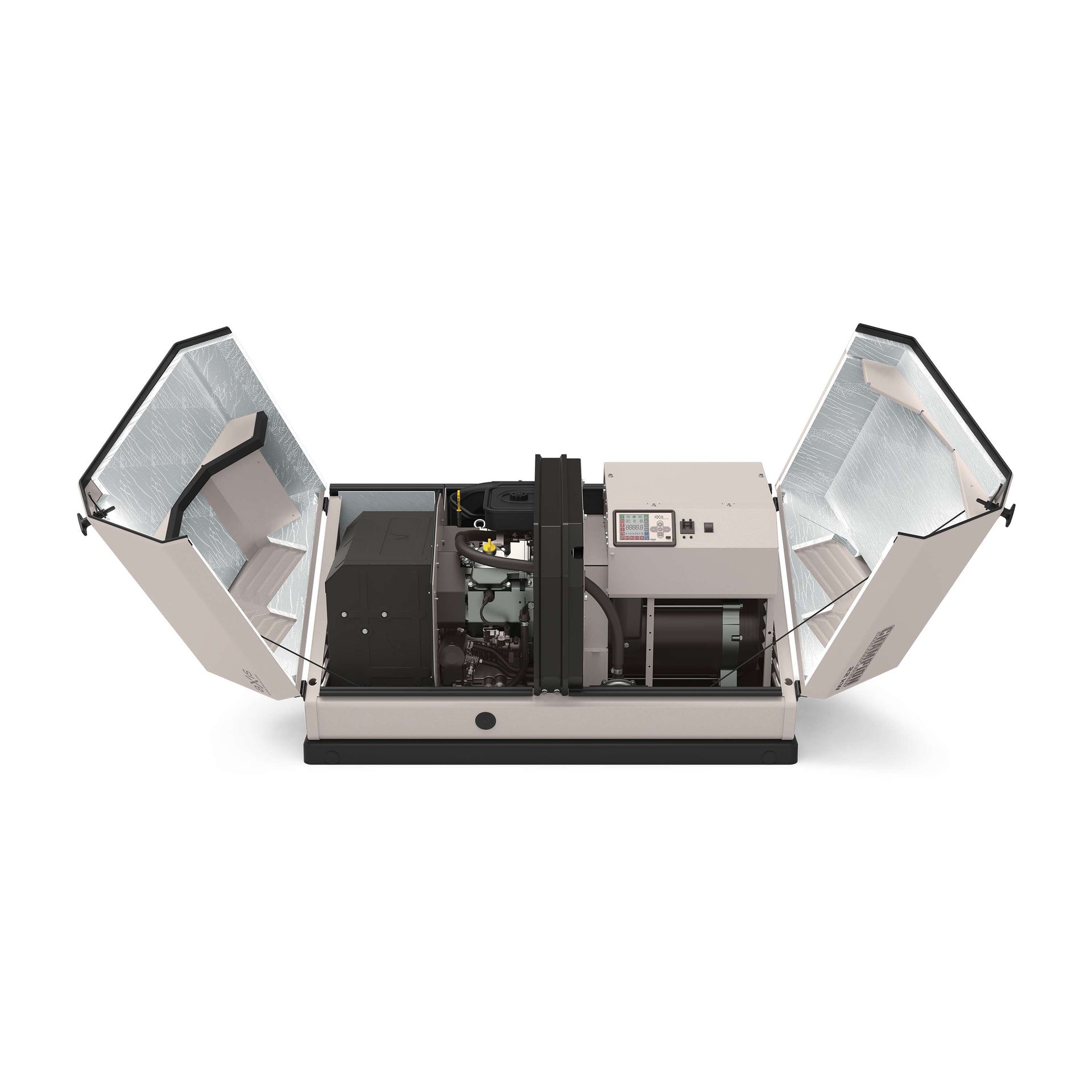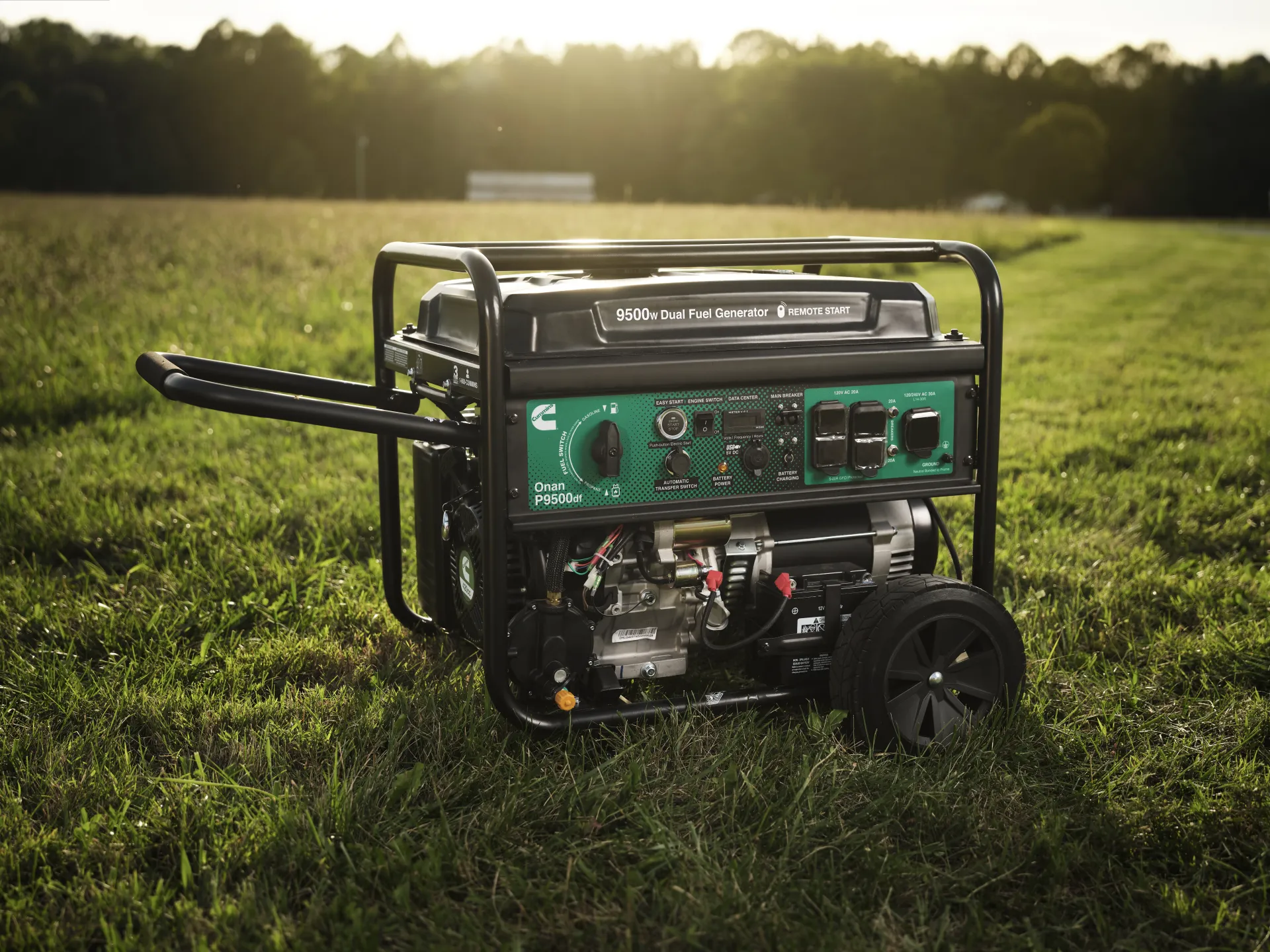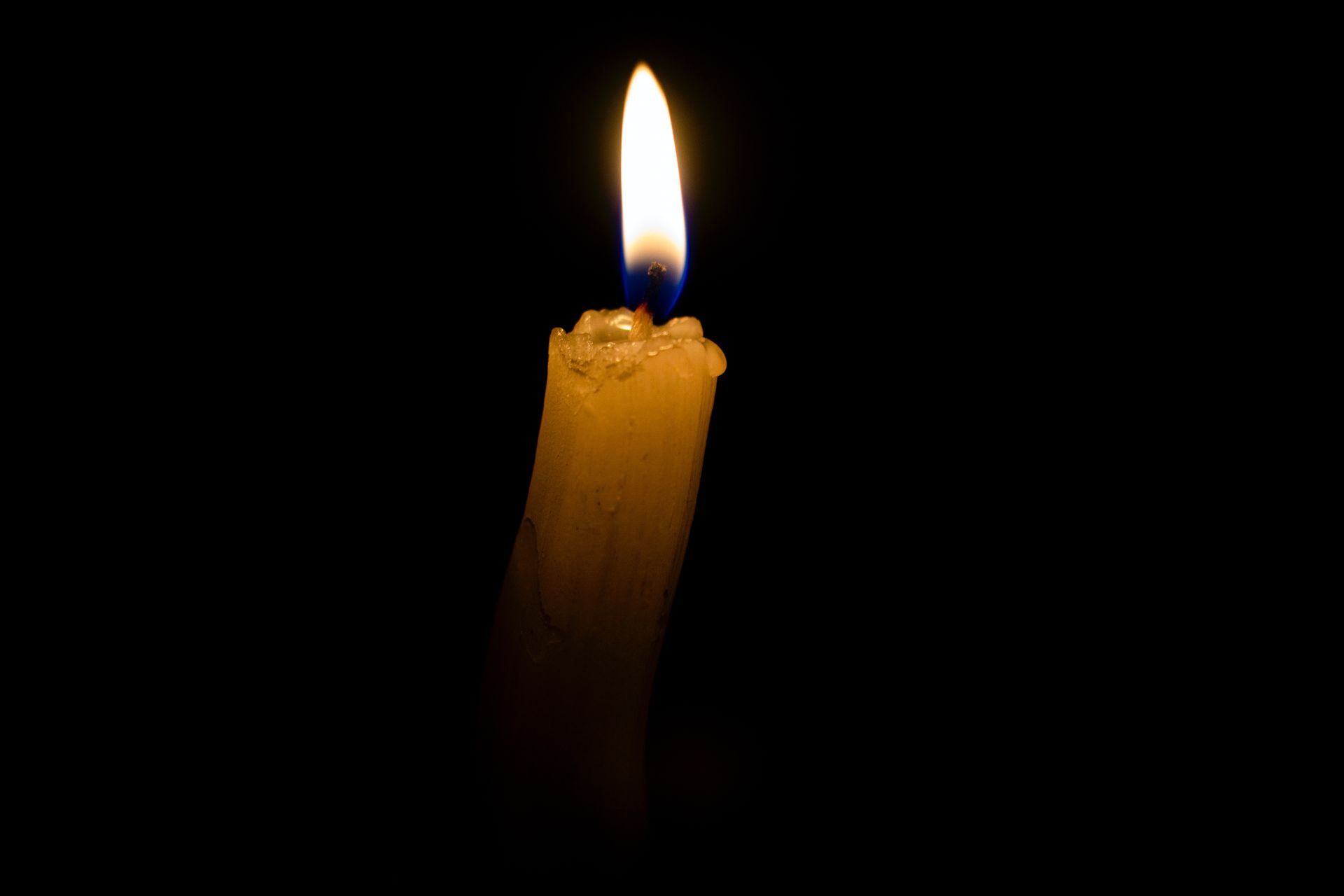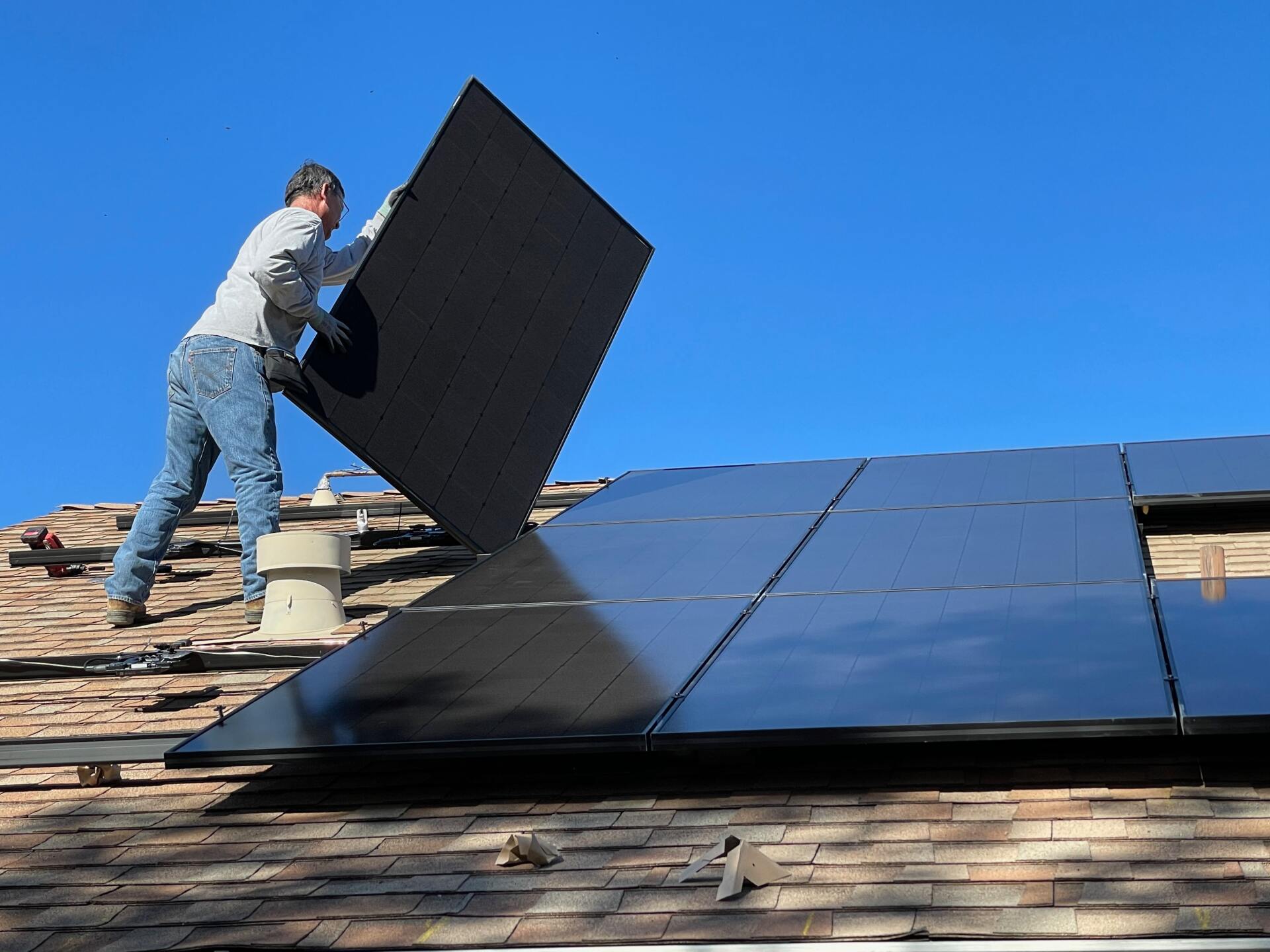Can Propane Freeze in Cold Temperatures?
In most conditions propane operates very efficiently, but some home owners will experience issues from below zero temperatures...
It is rarely the case that temperatures ever become so cold that they will have an effect on your propane, but here in the North East U.S. our cold weather conditions are somewhat infamous and undeniably troublesome. So what exactly happens to propane under freezing temperatures and what can we do about it? The short answer is that extremely low temperatures can have a negative impact on your propane tank.
Above ground liquid propane tanks are generally exposed to the elements without much worry or issue,
but incredibly cold temperatures are known to cause pressure issues. Here in New York most of our winter is spent in freezing temperatures, although -44 (the freezing point for propane) would be an incredibly uncommon occurrence, it's not impossible to encounter issues without getting all the way down to -44
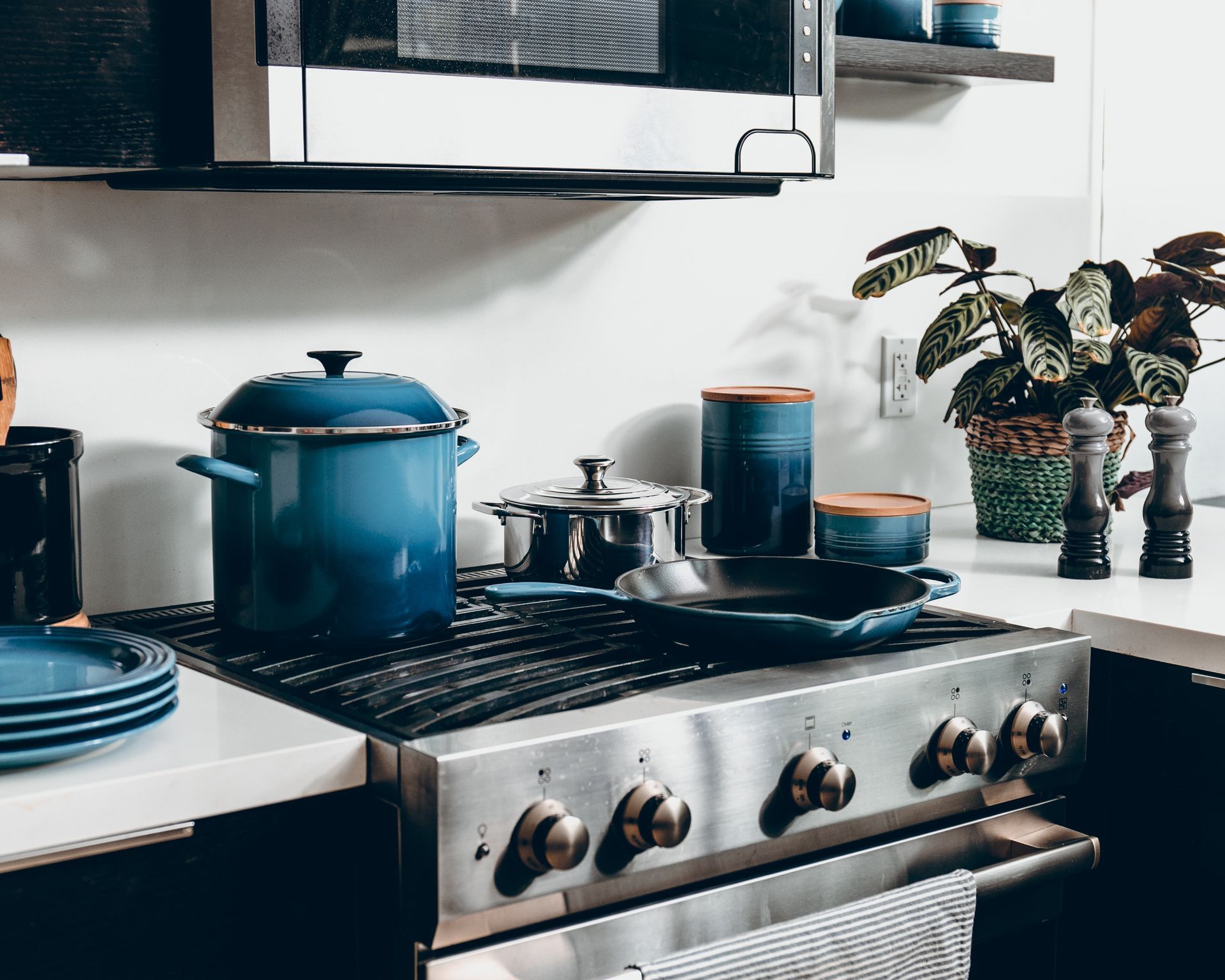
What Happens to Propane in Freezing temperatures?
Propane, like all liquids, contracts in cold weather. This contraction causes it to take up less space, which then slowly lowers the pressure inside your gas tank. Having high pressure within your tank and gas lines is needed for quick and effective distribution of gas to all the appliances in your home, including things like furnaces and backup generators.
We’ve observed that some home owners begin to experience pressure issues around -20, which escalates the colder it gets. In New York specifically, this has happened during major winter storms in the Western New York and North Country areas, which generally see the coldest conditions and worst storms in the state. Higher elevations, mountainous terrain and lake effect weather conditions are all contributors.
Dealing With, and Avoiding, Low Pressure
As far as the elements go, it’s an unfortunate reality that there isn’t much you can do during a winter storm. Once the heavy snow and sub-zero temperatures roll in, the smartest things you can do is wait it out. This means all your efforts should be focused on preventative measures.
There are products on the market, such as
heated insulation blankets, that are designed to keep your propane tanks warm in extreme cold weather. Whether or not this is the right solution for you may depend on how practical it is. Some products like this are said to be ineffective when wet, which would not be useful in precipitous conditions.
The best thing you can do, and also probably the easiest thing you can do, is make sure your tanks are kept at high volume during the coldest winter periods. If your tank is 90% full, a slight loss of air pressure will be less detrimental to continued use than it would be with your tank at 30% of the total volume. Higher volume of gas means a higher amount of air pressure in the tank. Having a larger tank will also be helpful, since your pressure loss will be less significant over time.
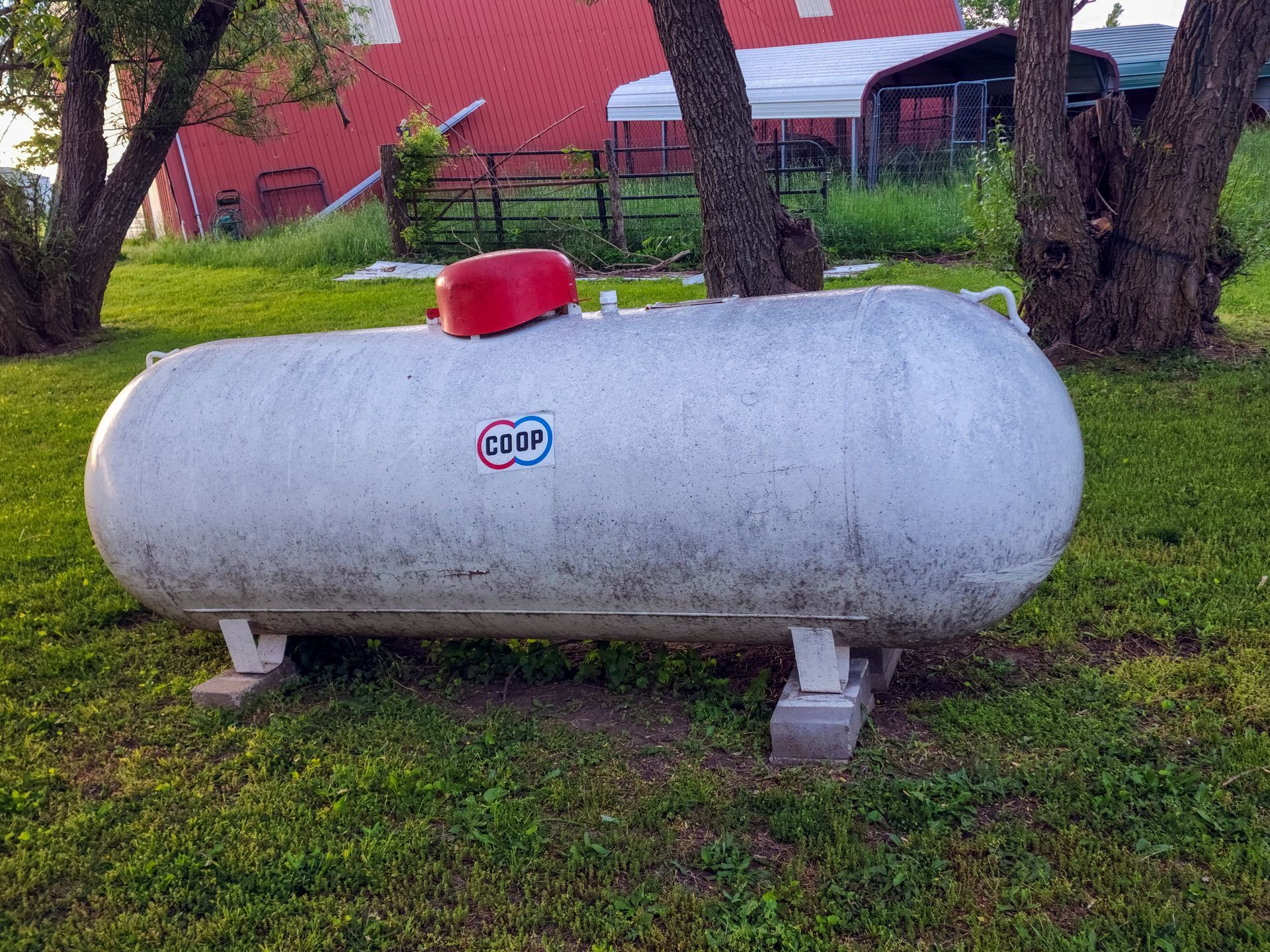
Inclusion of Methanol In Your Propane Tank
Another common fix for this low temperature issue is the inclusion of methanol in your propane. Conceptually, a trace amount of methanol in your propane tank will counteract any potential issues with expanding moisture or freezing of any water in valves or regulators. This practice is highly recommended here in the North East where several months every year are spent around or under freezing temperatures.
Although it is a recommended practice, it is also the case that excessive amounts of methanol can have potentially corrosive effects and even cause damage to some appliances. The guidelines on this practice are a bit fuzzy due in large part to a lack of accurate measurements. It is recommended that homeowners talk to their propane company about this solution if they are interested in improving their propane delivery in those cold winter months.
